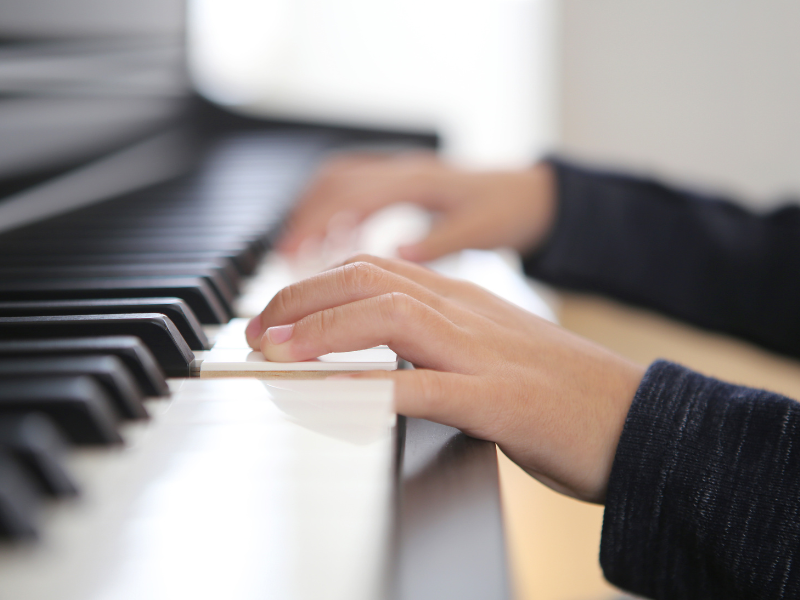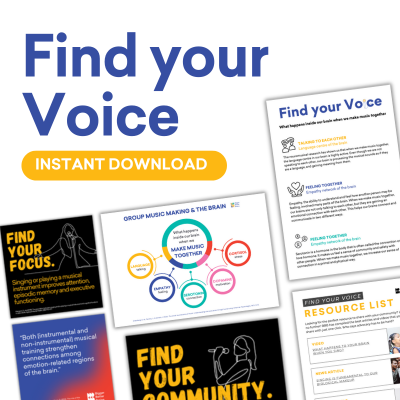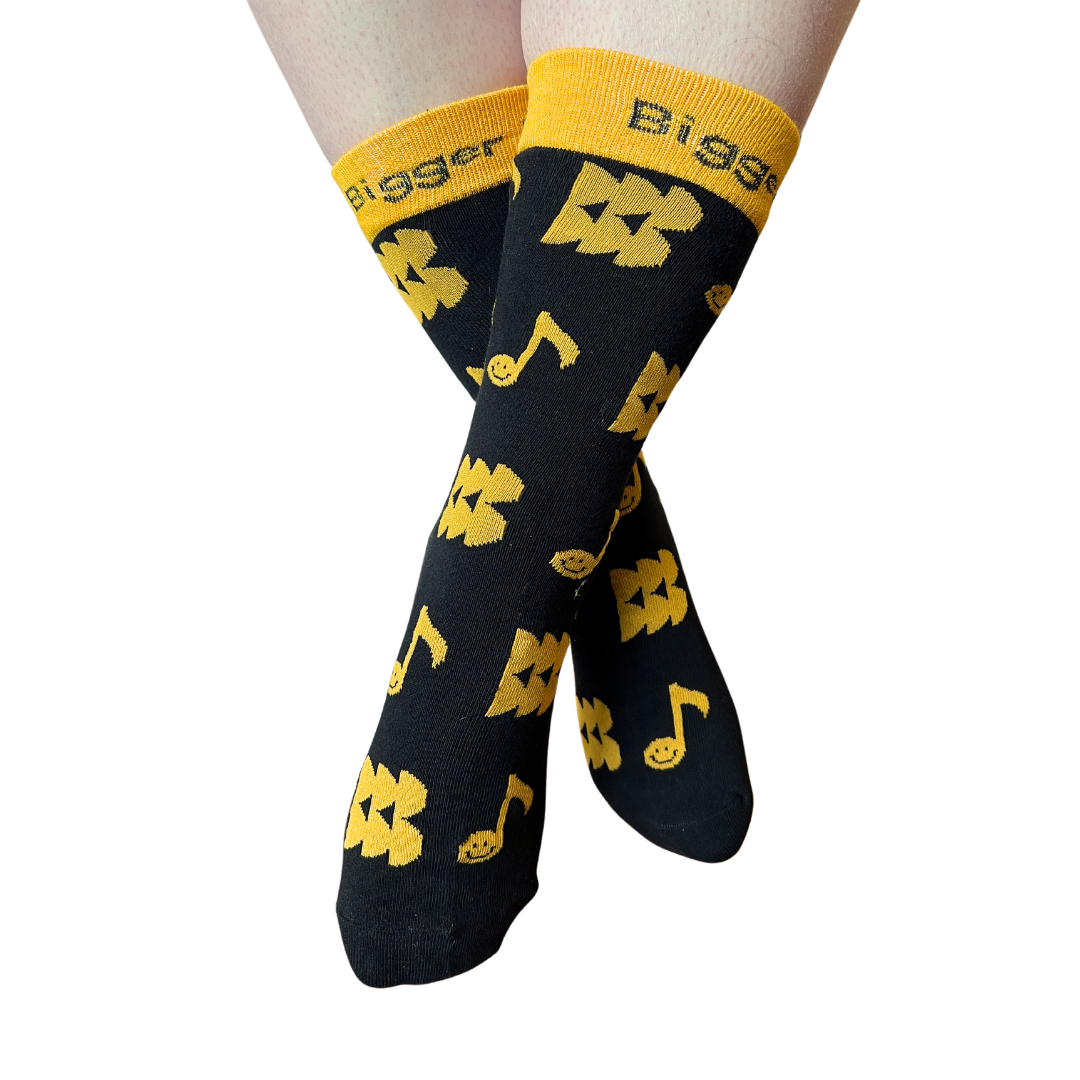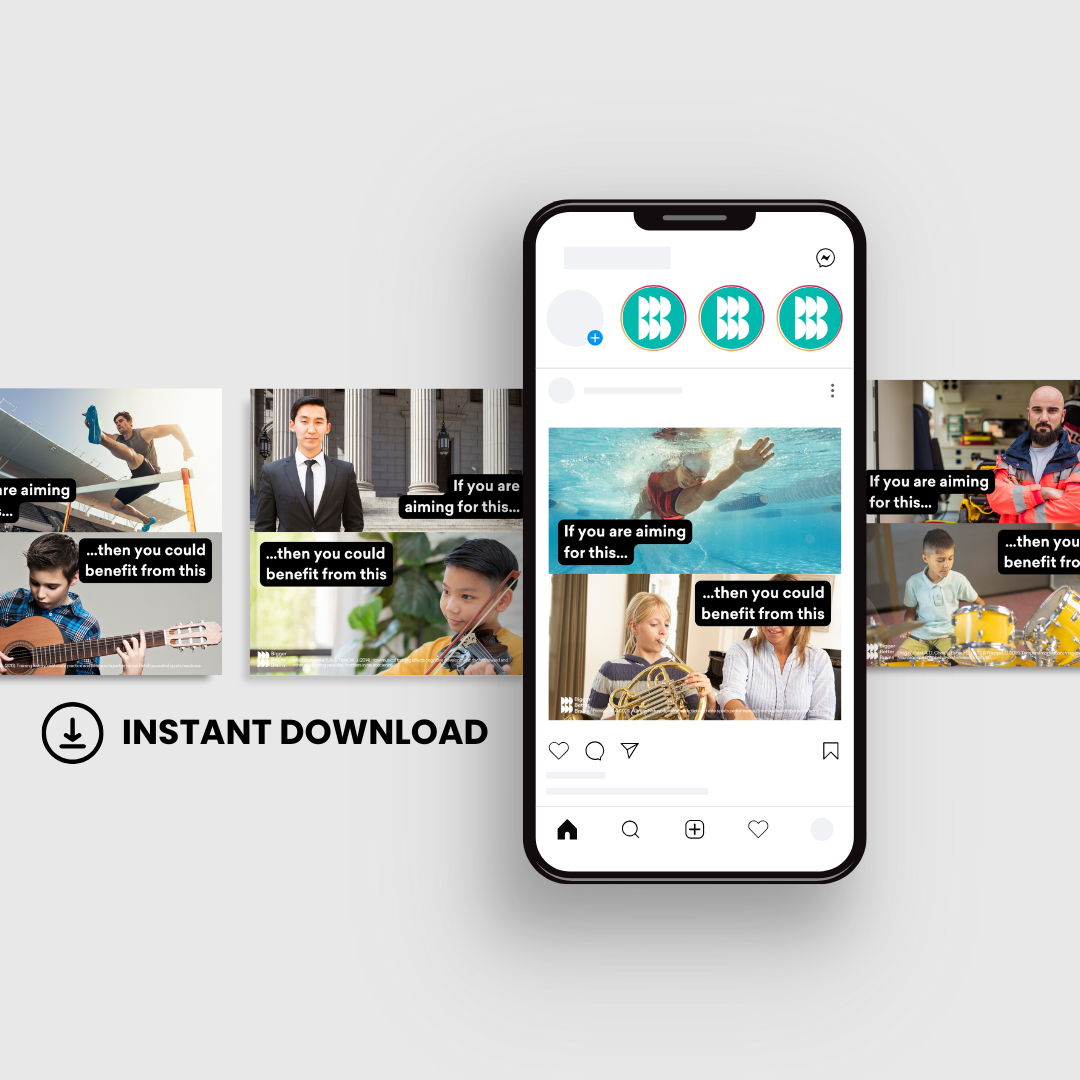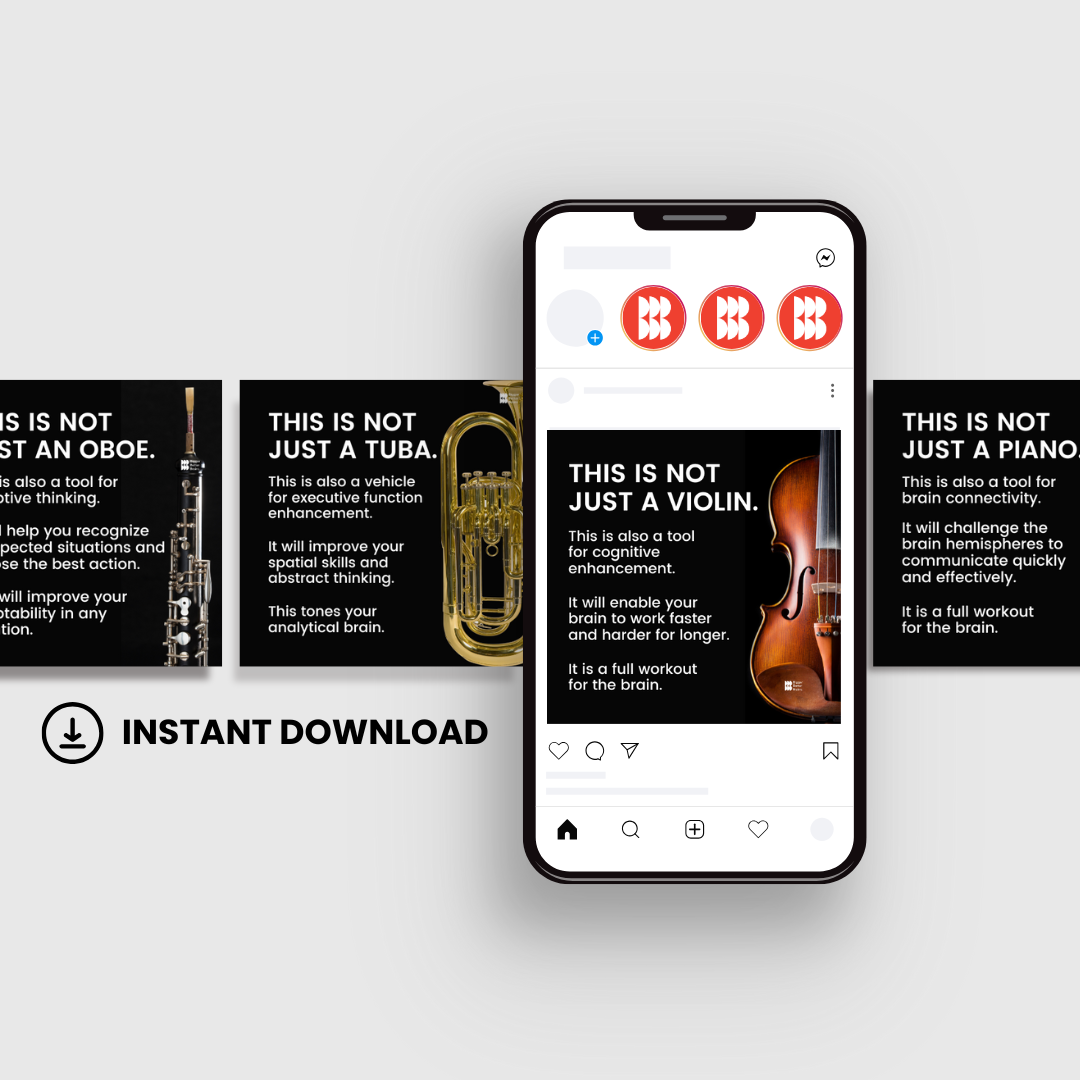
Research Updates

Here at Bigger Better Brains we believe that through educating yourself, you can then educate and affect positive change in your community.
With all of the research in the field of neuromusical science, our BBB Research section serves as a content hub for you. We regularly share findings and break down the latest research to educate and inspire discussion. We hope you enjoy this page on our website and share BBB news with your colleagues, parents and students.
Dyslexia, beta waves and rhythm processing
Dyslexia, beta waves and rhythm processing – that is a mouthful of tricky words. But in this new study, they are all connected and could reveal new understandings about the brain mechanisms that cause dyslexia.
Your Brain Will Thank You for Being a Musician!
One of BBB’s favourite researchers, Dr Patricia Izbicki, has done all the hard work for us and summarised the five great reasons why music learning is the childhood experience that just keeps on giving well into our later life.
Drummers are thick…but not in the way we joke about!
Drummers, very unfairly, can be the target of some pretty mean jokes and stereotypes. For example, What do you call a drummer with half a brain? Gifted!
Music therapy and Autism - Dr. Summa-Chadwick
Music learning has so many amazing benefits for students, but did you know that music learning is often used as a therapy tool for children with autism?
Can musicians hear more emotions in your voice?
Do you know someone who struggles to hear the emotions in speech? The skills of “hearing” prosody in speech are fundamentally musical. It is the melody and rhythm of speech, mixed in with the facial and physical expressions that went along with the speech, that our brains use to interpret emotions in speech.
Foreign Language Learning or Music Learning: which one improves auditory processing more?
Bilingualism and music learning have often been connected when it comes to auditory processing development. Do you know why? The reason for this connection is that music and language share an overlapping neural network.
Music sets preschoolers up for success
In a new study, it has been found that preschoolers who have better vocabulary and attention skills are more likely to do better at school. This is not a shocking finding. Early childhood educators have been aware of this connection and indeed school readiness programs focus on building both of these skills.







